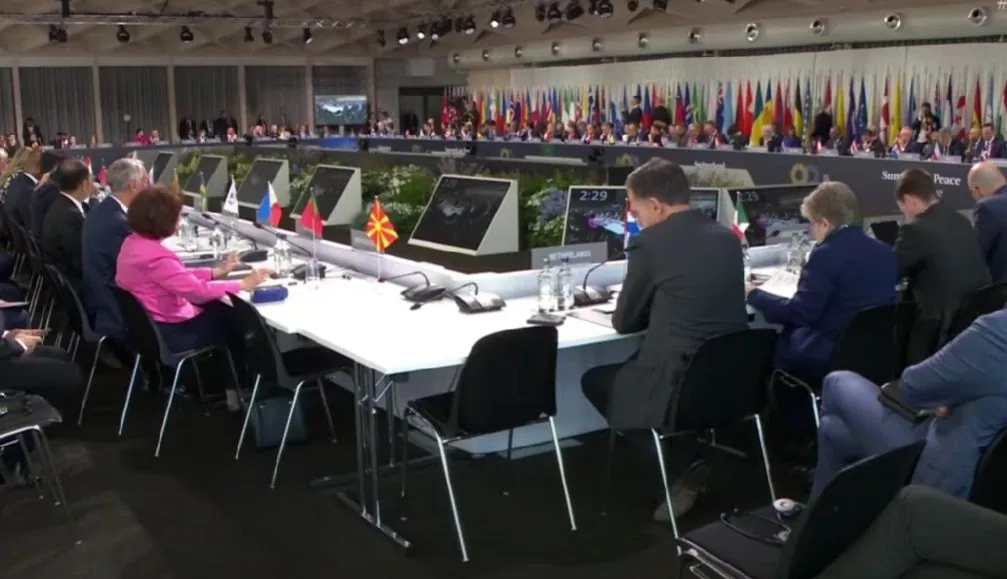
The conflict between Russia and Ukraine has prompted Sweden to reevaluate its longstanding policy of neutrality. Sweden's Deputy Prime Minister, Minister of Energy, Business and Industry, Ebba Bush, announced during the Global Peace Summit that the war in Ukraine has compelled Sweden to reconsider its neutrality policy, which has been in place for 200 years. Sweden is now seeking to support a world free of Russian aggression and imperialist ambitions. Bush emphasized that Russia should not be allowed to participate in peace talks until it adheres to international principles and the UN Charter adopted in 1945 [dd930fd2].
This development is significant as it reflects the growing concerns among European nations about Russia's actions in Ukraine and its broader geopolitical ambitions. Sweden's reconsideration of its neutrality policy underscores the need for a unified response from European countries to address the ongoing conflict and ensure peace and stability in the region. It also highlights the impact of the war on Ukraine on the geopolitical landscape of Europe [dd930fd2].